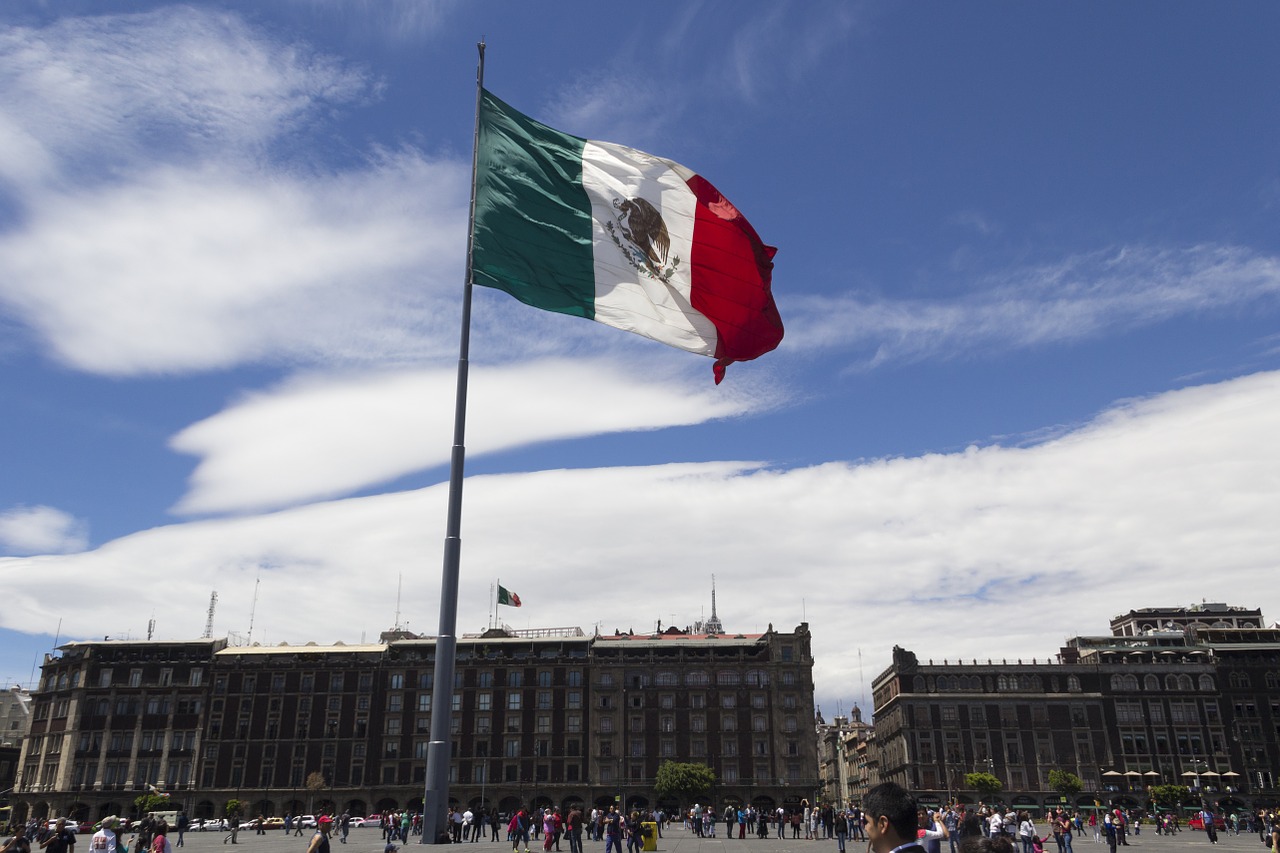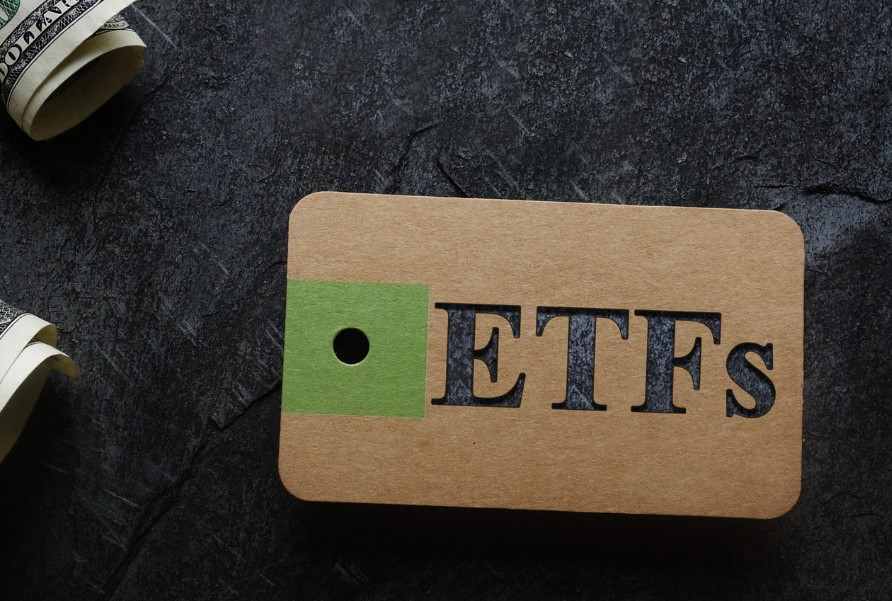According to a statement from the manager, this approval opens new opportunities for long-term investors in the Mexican retirement system, based on the “wide moat” model, an equity investment strategy focused on the comparative advantages of companies.
The concept of an “economic moat” was popularized by legendary American investors Warren Buffett and Charlie Munger, referring to the advantages of a company that make it more difficult for competitors to take away its market share.
Thus, VanEck’s ETF – which trades under the ticker MOAT – is indexed to the Morningstar Wide Moat Focus Index, focusing on quality companies trading at attractive valuations, according to the financial services firm of the same name.
To be included in this index, a company must have a “wide moat” rating, meaning Morningstar expects it to maintain its competitive advantages for at least 20 years. Additionally, they must be trading at an attractive price compared to the firm’s fair value estimates.
From the manager’s perspective, the approval from the Afores union is a significant milestone. “This approval underscores the quality and attractiveness of our investment solutions and reinforces our commitment to delivering innovative and valuable products to the Mexican market,” said Eduardo Escario, regional director of International Business Development at VanEck.
In line with this, the executive highlighted that the MOAT ETF is “ideal” for long-term investors as it targets companies with significant growth potential. “I look forward to meeting with investors in the second half of 2024 to discuss how this product fits into their long-term strategies,” he said.
Key Characteristics
VanEck emphasizes four key variables of the ETF, the pillars of the index-linked investment vehicle’s thesis:
First, they invest in companies with competitive advantages that are difficult for their competitors to replicate. These “economic moats” help companies remain profitable and sustain their market share in the long term.
Additionally, there are attractive valuations. The fund uses a rules-based methodology to identify and select companies trading at attractive valuation levels compared to their fair value estimates.
MOAT also aims for diversified exposure, with an index featuring equal weightings. This, noted the manager, offers diversified exposure to companies across various sectors, reducing the risk associated with investing in just one company or industry.
Finally, VanEck highlights the long-term growth potential of the strategy. By focusing on companies with durable advantages and attractive valuations, the goal is to surpass the growth potential of traditional broad indices.



